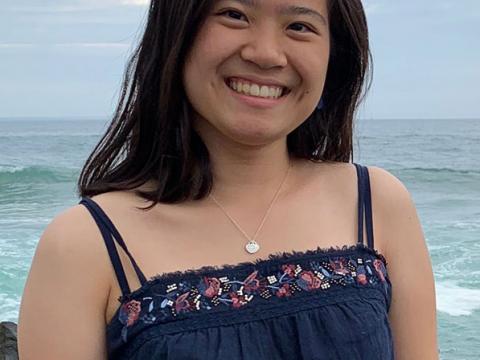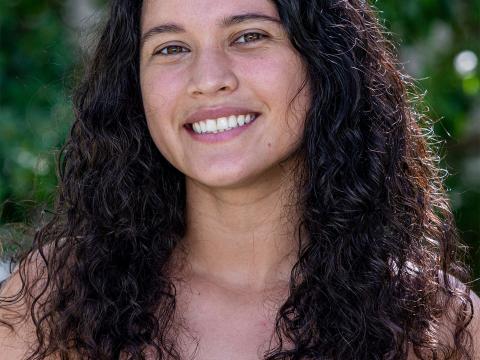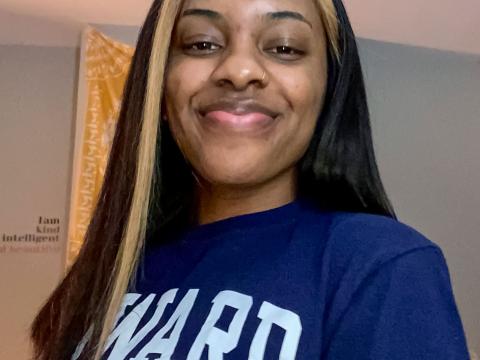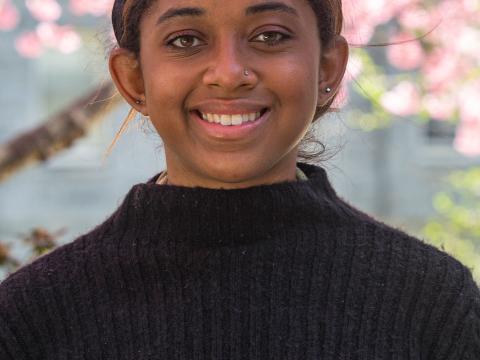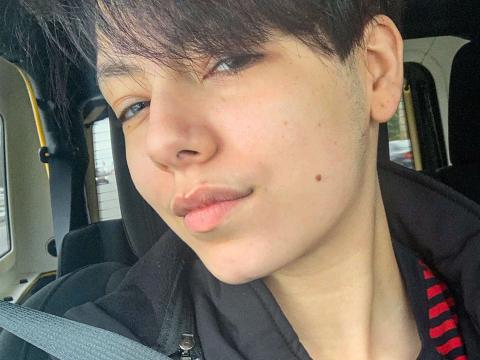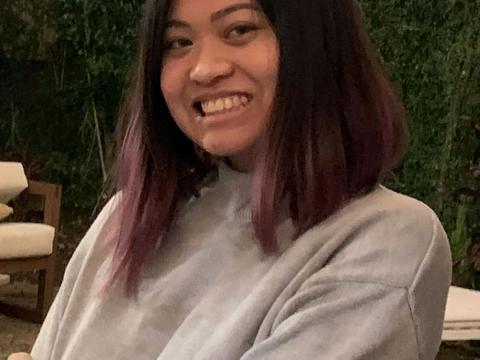New Student Mentorship Program Offers STEM Support
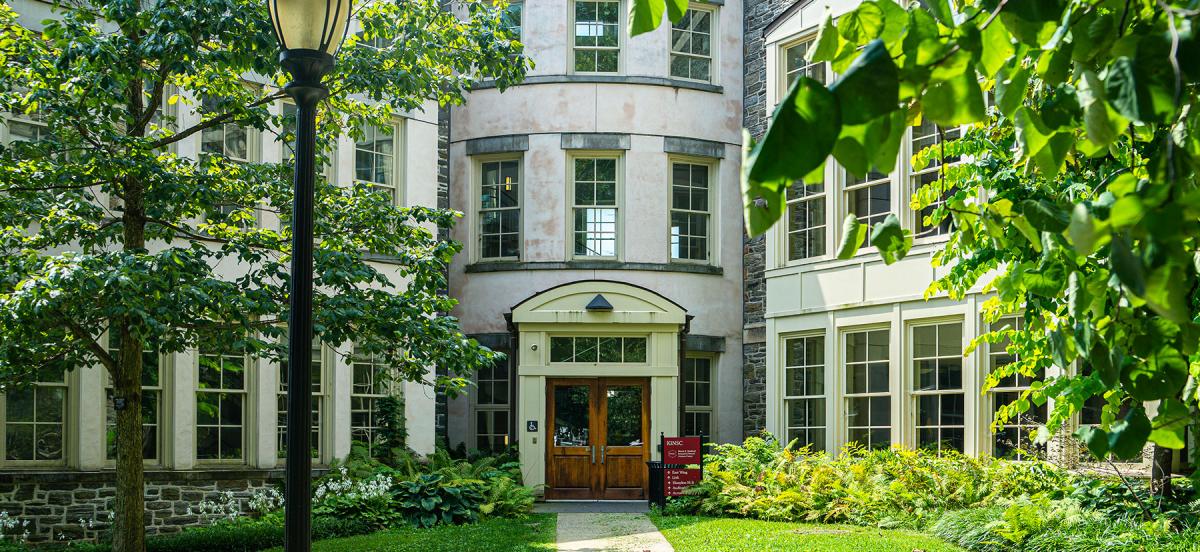
The Koshland Integrated Natural Sciences Center is home to the program of the same name and is the epicenter of natural science research at Haverford. Photo by Patrick Montero.
Details
The student-led and KINSC-supported effort provides structured peer mentorship to first-years who are from first-generation, low-income (FGLI) backgrounds or other minoritized communities.
This year, some first-year students in STEM classes are getting a little help from their friends. A new program, launched by sophomores Elizabeth Mari, Finley Medina, and Tien Vu, matches first-years from first-generation, low-income (FGLI) backgrounds or other minoritized communities who are taking introductory science courses with older student mentors who can support them as they navigate STEM at Haverford.
“When I was a first-year interested in STEM, I was personally overwhelmed with the different types of requirements, what each department has to offer, trying to find a job, and thinking about pre-health and graduate school tracks,” said Annette Lee ‘22, a biology and psychology double major and one of the program’s mentors. “I think connecting students to someone who already has experience navigating through these aspects of college allows for both academic and social support.”
There are currently 15 upperclass mentors each serving three first-year mentees in this inaugural year of the Koshland Integrated Natural Sciences Center (KINSC) Peer-Mentorship Program. The program was student generated and is student run, though it is funded and supported by the KINSC. Mentors, who are paid for their work and receive training from the KINSC at the beginning of the semester, meet weekly with their mentees to offer support as wide ranging as helping pick classes, navigating professor office hours, applying for research opportunities, or building confidence around challenging subject matter.
“I, for example, held a session with mentees where we focused on how to look and apply for internships, which involved creating an organized Google sheet where we wrote down details on each internship, due dates, stipends, and expectations,” said mentor Hasibe Caballero-Gomez ‘21, a chemistry major and environmental studies minor. “Or on another instance, I spent an entire meeting reaffirming to them that they were capable of doing STEM, and that imposter syndrome was very common, but it didn't mean they didn't belong.”
Different from a peer-tutoring service, the Peer-Mentorship Program isn’t focused on academic support, which is available elsewhere on campus, but on guidance managing the curriculum, social support, and relationship building.
“As a mentor I definitely leverage the existing resources on campus and try to ensure that from their first semester, students know what resources are available to them and how to access them,” said mentor Camille Samuels ‘21, a health, science, and society major. “I also really think the mentorship program is more focused on building relationships and bonds. Whereas tutoring has the objective of finishing assignments, I want to get to know my mentees as people and help them realize and achieve their goals.”
“Befriending an upperclassman who also identifies as first-gen/low-income allows for better connection and understanding, and it’s a really special thing to have someone rooting for your success and helping you get to where you want to be,” said Lee.
Many of the mentors, who themselves identify as FGLI or minoritized students, wish that this kind of support had been available to them when they were first-year students struggling with navigating STEM at Haverford. That is why many of them raised their hands to help the students coming up behind them.
“I received an email over the summer about becoming a mentor, and I knew immediately that it was something that I needed to pursue,” said Madison Adore '21, a pre-med biology major. “I spent the summer working alongside Professor Rob Fairman, and I communicated that the reason I struggled with STEM courses during my first two years was largely because of the lack of community and support. I knew that I could relate to a lot of the struggles my mentees face, provide support, and direct them to the necessary resources.”
“While there are a lot of resources and tools here to help students succeed academically, it is not easy to figure out what or where they are,” said Samuels. “And it feels like by the time you find them, it’s too late. As a senior, I’ve accumulated a lot of institutional knowledge and expertise that, otherwise, I might have a hard time passing down to other students, so I love that there is a structure in place to do that.”
KINSC Director and Associate Professor of Chemistry and Environmental Studies Helen White credits the success of the peer mentoring program to Mari, Medina, Vu and the student mentors.
“From the outset, the KINSC was excited to support a peer-mentoring program developed specifically by and for students in STEM,” she said. “Peer mentors are in a unique position to understand the range of challenges that students face, particularly in their first year. This program enables peer mentors to share their knowledge, experience, and strategies in ways that help to build a stronger community focused on the success of all students interested in STEM. We look forward to welcoming more students to participate in the program, and to continue playing a part in its evolution.”
The KINSC and the program’s organizers are eager to see it continue to grow. They recruited additional mentors and mentees for the spring semester, and plan to do so again in August.
“I think just as much as the mentees are learning, we as mentors are also learning a lot from this program,” said Lee. “Interacting with first-years allows us to see what we should be addressing at Haverford, including making opportunities more accessible and easy to understand, as well as having discussions about how to make STEM more inclusive.”
